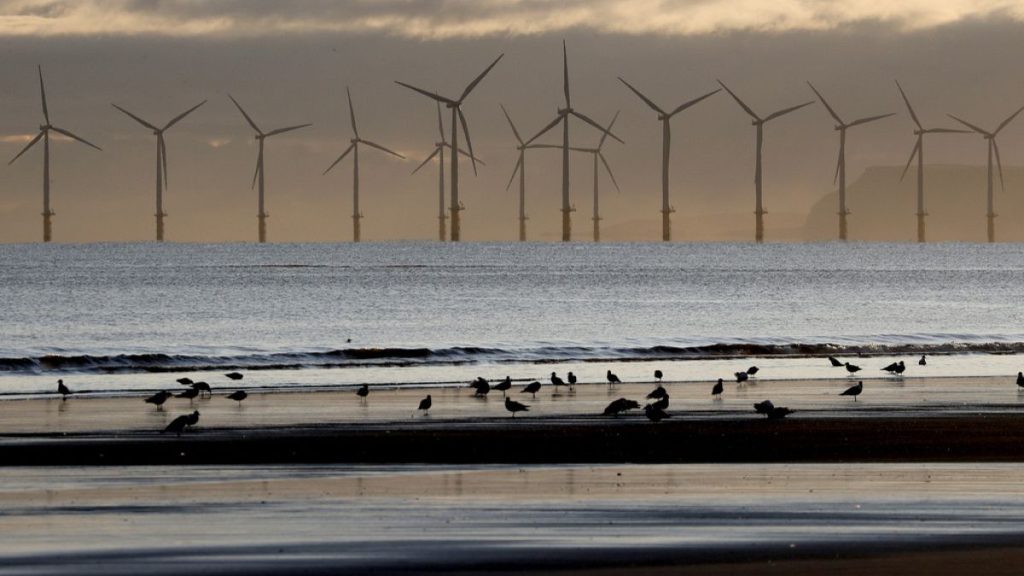New Prime Minister Keir Starmer is taking steps to repair the United Kingdom’s relationship with the European Union following what he calls a “botched” Brexit deal. UK Climate Minister Kerry McCarthy has also pledged to rebuild cooperation with Europe on energy and climate change after meeting with EU Commissioner Kadri Simson in Norway. McCarthy’s goal is to position the UK as a global leader in energy and climate, focusing on decarbonizing the electricity system by 2030 and reducing reliance on Russian energy sources. The UK government’s commitment to renewable energy was highlighted during McCarthy’s meetings with business leaders and ministers from Norway and Germany.
During her trip to the Offshore North Seas Conference in Stavanger, McCarthy focused on meeting with investors in wind power, hydrogen, and carbon capture technologies. The UK government is betting on these technologies to help achieve its goal of becoming a global energy and climate leader. McCarthy stressed the importance of urgency in tackling the climate crisis, stating that the UK, along with its partners in the EU, Germany, and Norway, must work together to deliver for future generations. EU Commissioner Kadri Simson also highlighted the importance of cooperation in ensuring energy security for Europe, acknowledging the necessity of reliable partners in the global energy transition.
Prime Minister Keir Starmer’s efforts to reset relations with the EU also included visits to Berlin and Paris, resulting in an agreement to have a bilateral treaty with Germany by the end of the year. The European Commission expressed its support for strengthening relations with the UK on issues of shared interest, although specific energy projects or cooperation agreements were not explicitly mentioned. Despite the UK’s departure from the EU’s energy market in 2021, the country remains connected to Europe’s energy system through undersea interconnectors, and efforts to enhance UK-European cooperation on renewables began before the recent Labour election win.
The UK’s previous Conservative government signed a memorandum of understanding with the EU’s North Seas Energy Cooperation platform in 2022, aiming to collaborate on offshore wind development and electricity transmission networks. Norway, a member of the European Economic Area, is also involved in the EU’s internal energy market and has been exploring for critical raw materials in its waters to support the energy transition. The Stavanger conference provided an opportunity for discussions on nuclear power, boosting renewables in Europe’s northern seas, and the ongoing energy cooperation between the UK, EU, Norway, and Germany. The commitment to sustainable energy and climate action was evident in the meetings and discussions held during the conference.
Overall, the UK government, under the leadership of Prime Minister Keir Starmer and Climate Minister Kerry McCarthy, is prioritizing cooperation with the EU and other European partners on energy and climate issues. By investing in renewable energy technologies and working towards decarbonization goals, the UK aims to become a global leader in energy and climate action. Collaborative efforts, such as the meetings between McCarthy and EU Commissioner Simson, as well as the agreements reached during Starmer’s visits to Berlin and Paris, demonstrate a commitment to strengthening relationships and addressing the urgent challenges posed by the climate crisis. Through continued cooperation and joint initiatives, the UK and its European partners can work towards a more sustainable and secure energy future for all.


